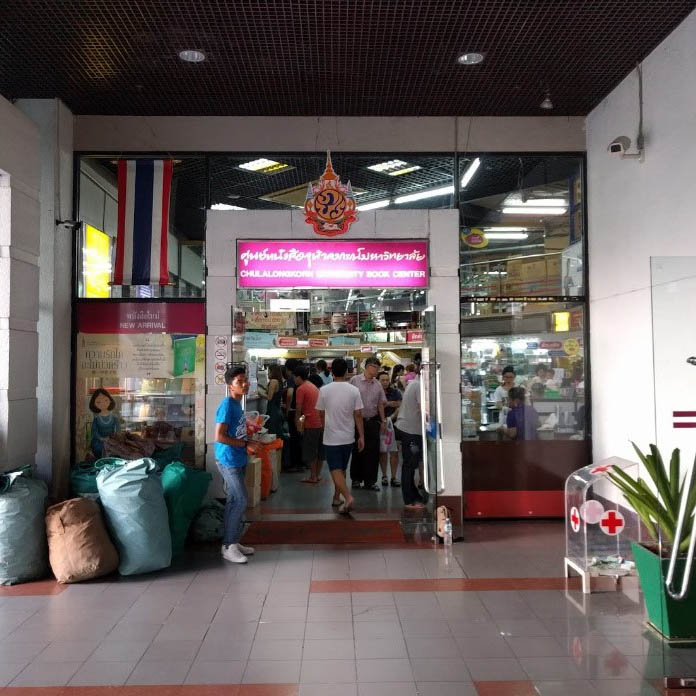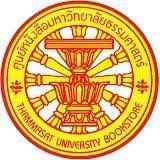Interactions Between State and Non-State Actors in Resource Governance
| ISBN | 9786163982582 |
| ผู้แต่ง | Sary Mom |
| จำนวนหน้า | 168 |
| พิมพ์ครั้งที่ | 1 |
| วันที่พิมพ์ | 2018 |
| ประเภท | หนังสือ |
| กลุ่มสาขา | สาขาสังคมศาสตร์และมนุษยศาสตร์ |
| เหมาะสำหรับ | นักศึกษา และผู้ที่สนใจทั่วไป |
| รายละเอียดปกหลัง | What role do state and non-state actors play in the in the negotiation process on the protection of human rights in the Southeast Asian region? Is there an interaction between both types of players or is the ASEM Dialogue still dominated by state parties? And does the discussion of human rights within the ASEM Dialogue actually lead to more protection of these rights within the region of Southeast Asia? These are the research questions I have tried to answer in this paper on the ASEM Dialogue as an example of multilateral, international negotiation. Human rights are a controversial issue and have caused a sometimes troublesome relation between the European and East Asia continents. The case of Burma/Myanmar is a clear example in which both sides were, more or less, clear opponents. The reason for this is that the East Asian states have tried to keep the issue of human rights off the official ASEM agenda, while the European states were in favour of dealing with the issue in the Summits. Nonstate actors, like non-governmental organisations have held parallel sessions on general issues on the ASEM agenda, but have also organised specific meetings on human rights issues. Asian states have tried to prevent these parallel sessions from taking place, and have limited the possible role of non-governmental organisations in general, using a similar argument as for preventing the human rights dialogue. Despite these restraints, a slow increase in the role that NGOs can play in the region is occurring. The ASEM Summit can function as a legitimization for these non-state actors to increase their influence. And the European states should use this trend to get the issue of human rights discussed during the Summits, by letting the NGOs lobby for it. Through this interaction with European states, NGOs can increase their effectiveness and hopefully increase the level of human rights protection. |
ราคาปก
320.00 บาท
สามารถซื้อแบบ E-Book ได้ที่











